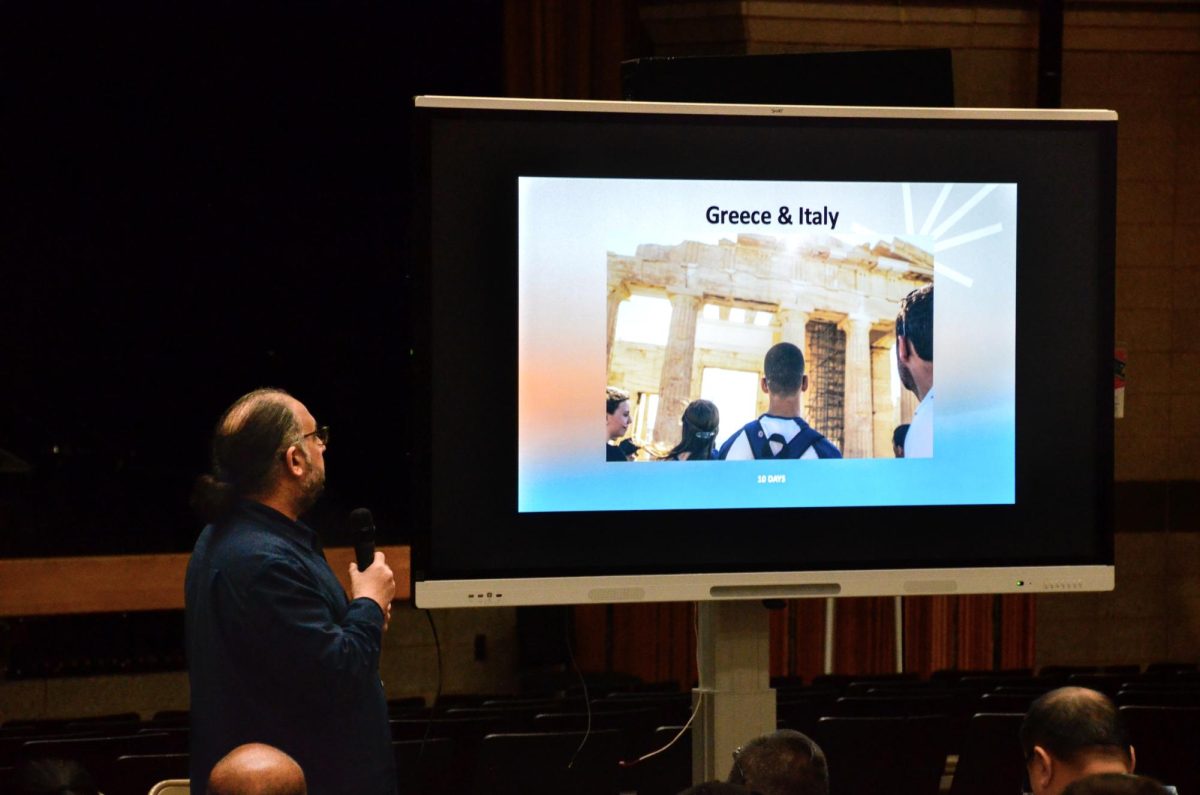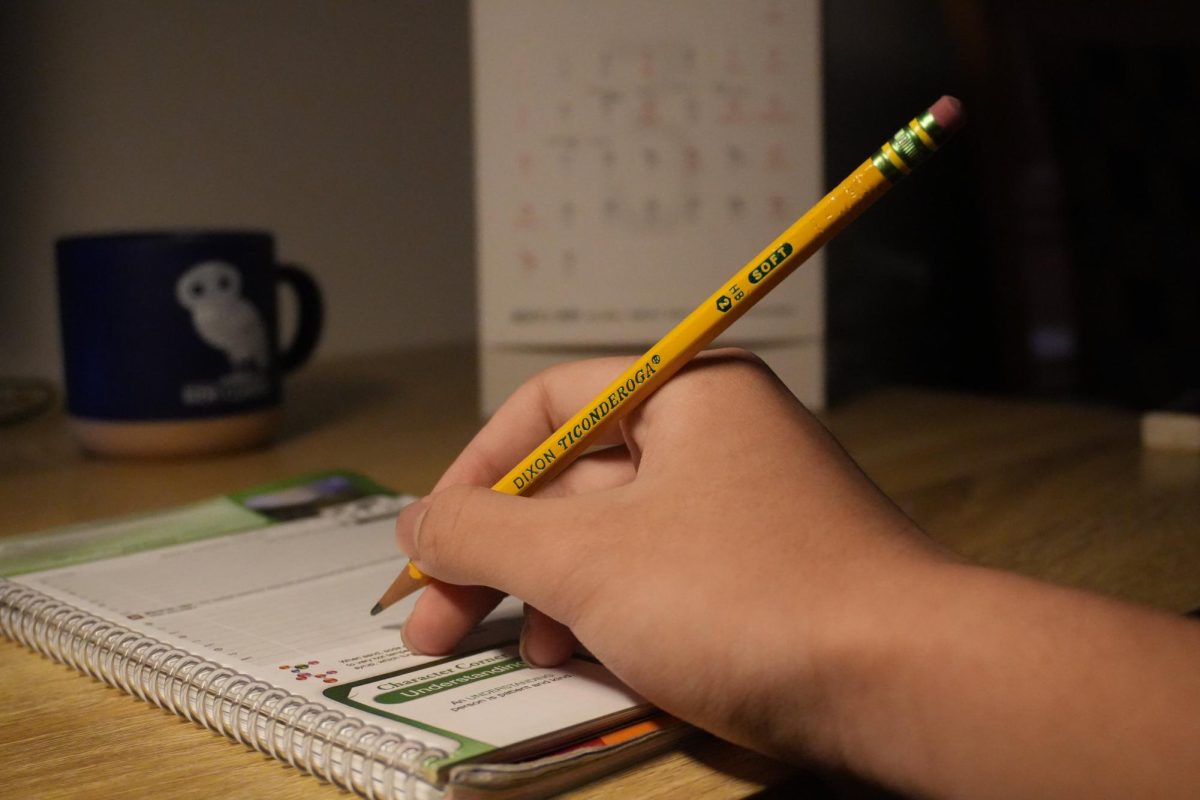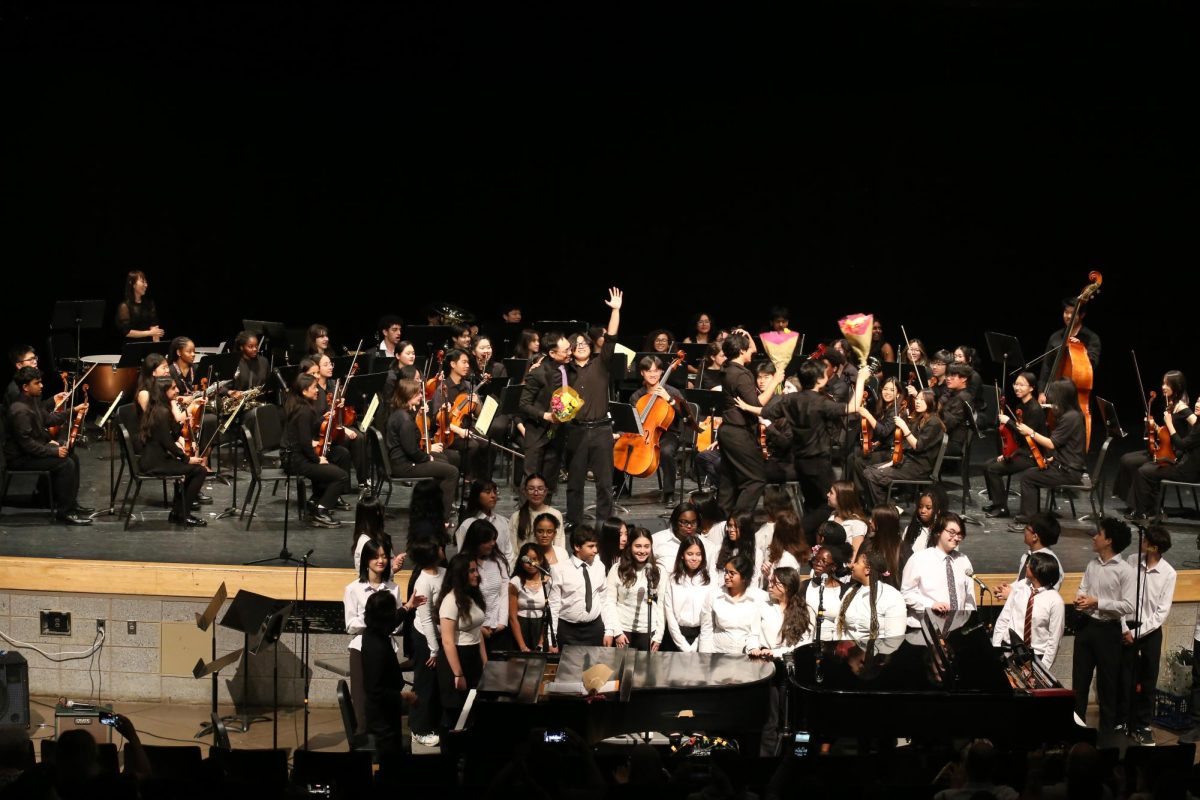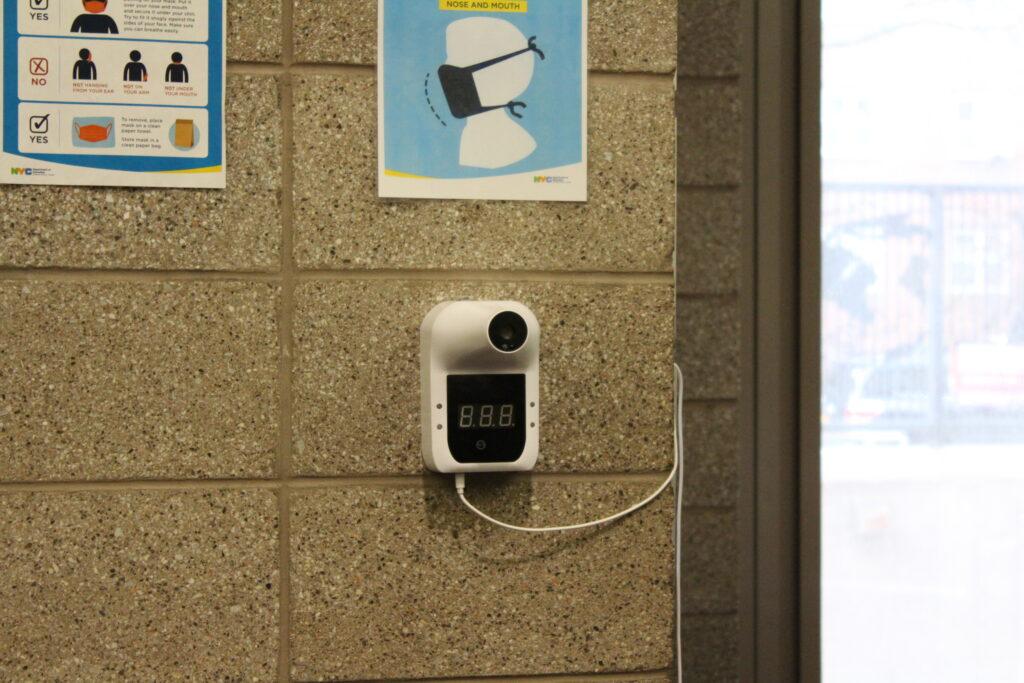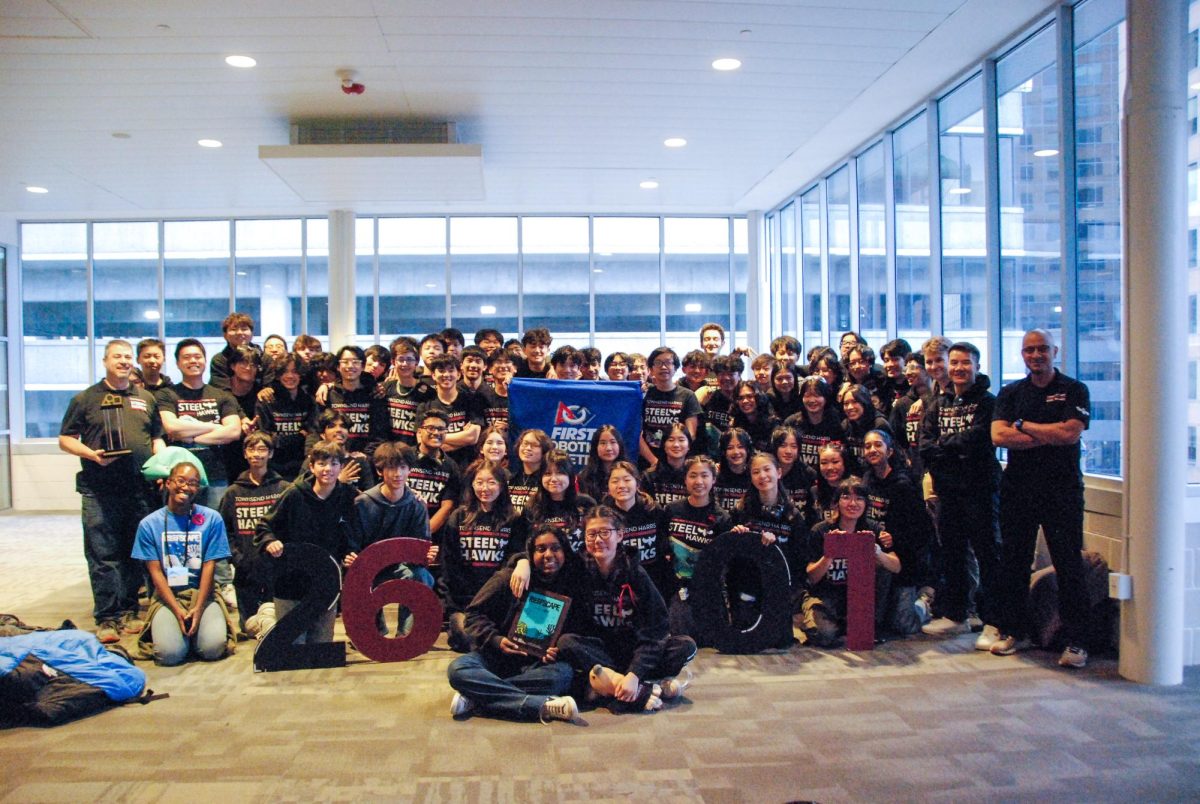
As the COVID-19 situation takes another bleak turn with both the Delta and Omicron variants perpetrating a spike in cases throughout New York, it’s important to reflect on the state of the entire nation only one year ago, where hospitalization rates due to COVID-19 soared to record numbers as death counts continued to climb without limit. However, the arrival of COVID-19 vaccine shots earlier in the year by manufacturers Pfizer and BioNTech, Moderna, and Johnson and Johnson have coincided with a profound decrease of hospitalization rates compared to the end of 2020. Currently, 13.4 million New Yorkers have completed their vaccine series, 1.8 million of those residing in Queens, the efforts of many within Townsend’s own neighborhood and beyond. Now, in response to a recurring wave of infections due to the Omicron variant, adolescents at least 12 years old who have received the second dose of Pfizer-BioNTech or vaccine at least six months ago have become eligible for the booster shots.
Booster shots were touted by Pfizer as a viable method to prolonging vaccine efficacy against the virus. This was based on their Booster Phase 3 Trial data, which demonstrated a vaccine efficacy of 95.6 percent against the Delta variant of COVID-19 amongst a group that consisted of over ten thousand participants above the age of sixteen, indicating compatibility with Townsend’s student body.
On November 19, the director of the CDC, Rochelle P. Walensky, endorsed the expansion of access to COVID-19 booster shots, now encompassing those who are eighteen or older and who have waited over six months from competing their primary COVID-19 vaccination series; this essentially granted equitable access to boosters for all American adults and most Townsend seniors. Walensky stated, “booster shots have demonstrated the ability to safely increase people’s protection against infection and severe outcomes and are an important public health tool to strengthen our defenses against the virus as we enter the winter holidays.”
On the same day, the Food and Drug Administration officially authorized Pfizer and Moderna booster shots for all adults. The authorization follows immune response data collected from multiple test participants aged eighteen through fifty-five (149 for Moderna and 200 for Pfizer), which highlighted increased antibody counts in individuals who received a booster shot one month prior. A few days later, on December 9th, the FDA also officially authorized these same booster doses for sixteen and seventeen year olds under emergency use.
Further analysis by the FDA exhibits that boosters are not entirely free of concerns. Their researched symptoms, which include pain around the injection site, headaches, and muscle fatigue reflect the side-effects associated with COVID-19 vaccines. Yet, the boosters also harbor slight potential for heart related issues, such as myocarditis and pericarditis, the inflammation of the heart’s muscles and outer linings. Although the FDA concluded that such risks were shadowed by facing hospitalization or death should one remain unvaccinated, both Pfizer and Moderna are still assessing how likely these conditions could occur in booster recipients.
Professor John P. Moore, an expert who specializes in microbiology and immunology at Weill Cornell College of Medicine, indicated in a personal interview with The Classic that “there are no ‘detrimental symptoms’ associated with the boosters, at least none that matters.” He went on to clarify that “heart-related problems are extremely rare and are almost always seen only in males aged between about seventeen and twenty-three. The many adverse consequences of COVID-19 can include simple cardiac complications, which are much more common than seen in vaccine recipients and apply to people of all ages and genders… Thousands of Americans die each year as a result of taking OTC medications and even more from prescription drugs. Compared to these accepted side-effects, the vaccines are highly safe. And that safety profile applies to booster immunizations as well.”
Now authorized by the FDA, some Harrisites are expressing keen optimism about this novel addition to medicine. Senior Rakin Haq said, “Booster shots, I believe, might be the key to finally stopping the virus dead in its tracks, so I do believe that it’ll play a substantial role in lowering infections, especially in communities like Townsend Harris.” Sophomore Alyssa Shim, announced her support for booster shots, stating, “I would [definitely receive a booster shot] because I spend a lot of time with people inside and outside of school, and I want to keep myself and others as safe as I can.” For many, the authorization comes as a sigh of relief not only for themselves, but also for the wellbeing of those around them whom they cherish, whether it be family at home or peers at school trying to stay protected within Flushing’s dense environments.
However, some students did not share their optimistic sentiment. Freshman Raghav Kumar stated, “I was annoyed since people should have their own choice to what [treatment] they want [to receive],” a reflection of the discontentment carried by a select number who feel that their worries are being neglected.
The CDC’s official guidelines now strongly encourage any and all adults eighteen or older who received the Pfizer or Moderna vaccine to schedule an appointment for a booster shot six months after they had obtained their second dose. It has also extended its emergency usage to incorporate sixteen and seventeen year olds, with recent revisions further widening the eligible group to those twelve and older. Director Walensky attributed these decisions to the rapid spread of both the delta and omicron variants. Now, not only are all seniors eligible for the booster, but also the entire Towsend student body.
With an influx of a wider array of COVID variants spawning across the globe, such as the Omicron variant cropping out of Southern Africa to now become the most dominant strain in circulation, and the unnervingly increasing number of confirmed COVID cases at Townsend Harris, the pandemic threatens to once again throw students into another blitz of school shutdowns, quarantines, and remote learning. “I might consider taking the booster shot since there are more variants coming out and not taking the booster shot might prove dangerous… The vaccines we have taken might not protect us against the new variants of the virus. It would also keep others and society safe as well,” says junior Taha Karim, as the future of in-person learning for the remainder of the 2021-22 school year seems uncertain.





